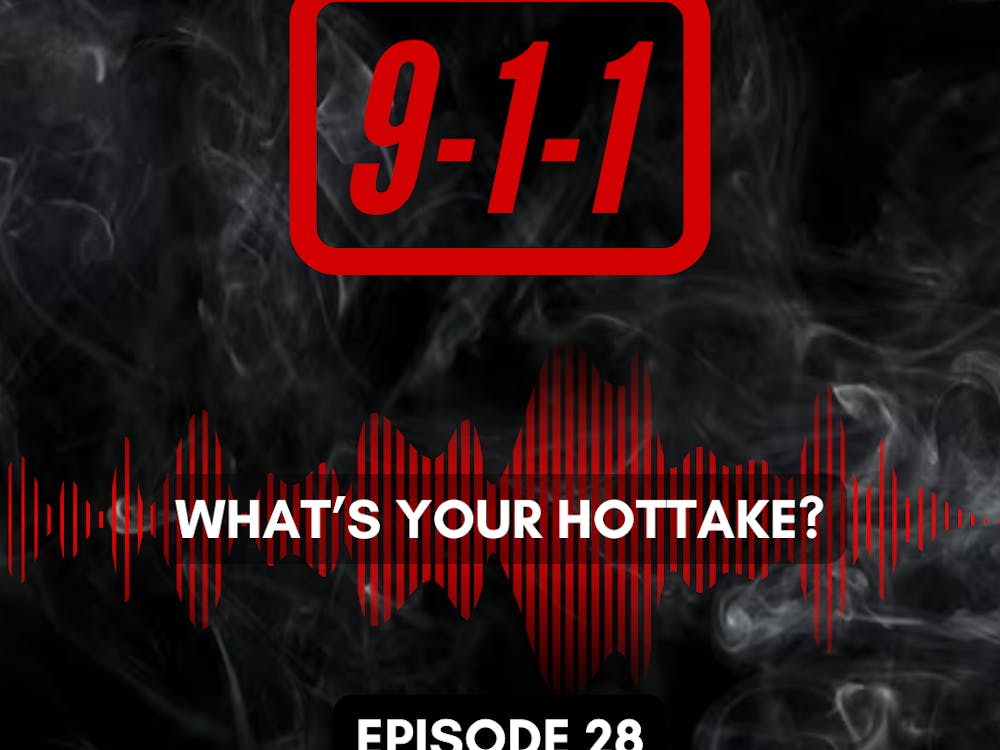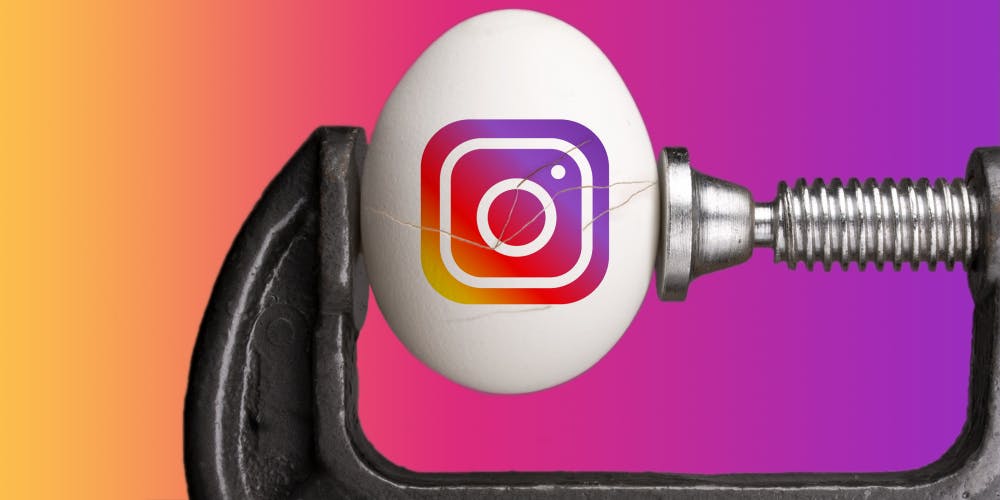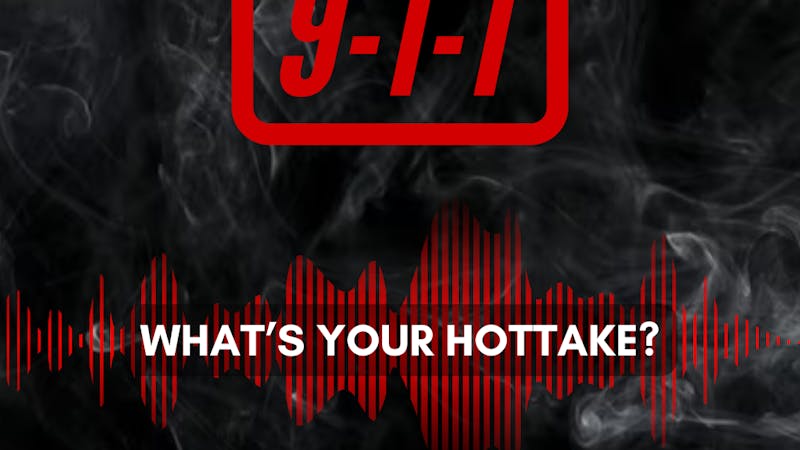by Baylie Clevenger We’ve all seen the Instagram egg. After surpassing Kylie Jenner for the most likes on an Instagram post, it seemed like a scheme for likes and attention on the internet – and maybe it was – but soon the account changed their tune. The account began gradually posting pictures of the same egg, but with cracks in it. In every post, the egg had more and more cracks. Finally, the egg account made a post with the egg completely cracked and the egg – yes, the egg itself – addressed its vast Instagram audience. The egg noted how it had recently started to crack and said it happened under the pressure of social media. The post also featured a message from the egg saying that anyone who is feeling the same kind of pressure should talk to someone, followed by a, “We got this.”
articleI’m six months self-harm free today! 🕊 #MentalHealthAwareness pic.twitter.com/BAIiu9SsOl
— Harriet Williamson (@harriepw) April 3, 2019
“ It’s a lonely business, wandering the labyrinths of our friends’ and pseudo-friends’ projected identities, trying to figure out what part of ourselves we ought to project, who will listen, and what they will hear. According to Burke, passive consumption of Facebook also correlates to a marginal increase in depression…” - The Atlantic
“ Facebook never takes a break. We never take a break. Human beings have always created elaborate acts of self-presentation. But not all the time, not every morning, before we even pour a cup of coffee.” - The Atlantic
“For it to be constructive, you also have to limit your time on social media..."
Ball State University Counseling Center The Atlantic



















